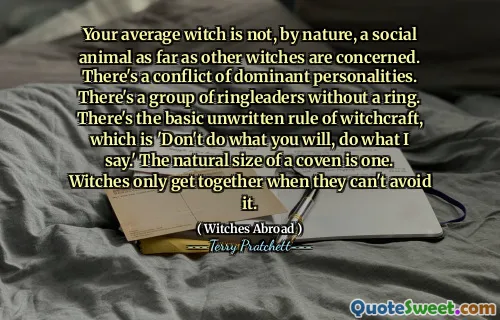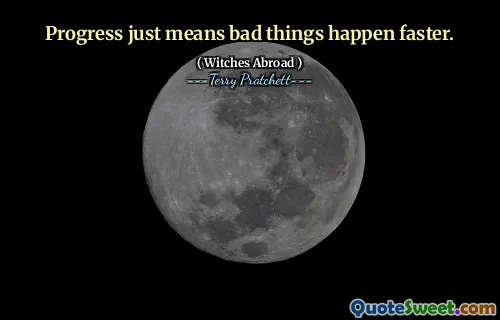
The good are innocent and create justice. The bad are guilty, which is why they invent mercy.
This thought-provoking quote delves into the complex nature of morality and justice. It suggests that those who are morally upright or genuinely good find themselves naturally aligned with innocence, often working towards establishing a just society without pretense. Their commitment to fairness and righteousness stems from an authentic desire to do what is right. Conversely, those who commit wrongdoings may face guilt already present within them, which could lead to their need to justify their actions or seek compassion as a strategic move. The act of 'inventing mercy' can be interpreted as a way to manipulate perceptions, avoid accountability, or soften their guilt by appealing to compassion or forgiveness. It raises important questions about authenticity; whether acts of mercy are genuine or sometimes mere instruments for the guilty to deflect blame and accountability. On a broader societal level, this quote encourages a reflection on the motives behind acts of kindness and justice. Are they driven by sincere morality or by self-interest? It invites us to examine the sincerity of our motives and critics and understand that what appears gentle or forgiving might sometimes be a sophisticated form of self-preservation for those with darker guilt. This quote also resonates with contemporary themes of justice, fairness, and the masks people wear to uphold their image or hidden agendas. Overall, it challenges us to look beyond surface appearances and consider the true character and motives behind justice and mercy, prompting a deeper understanding of human nature.










